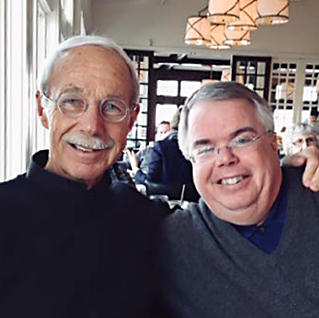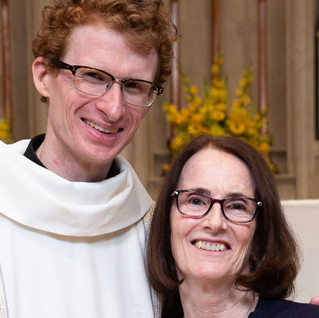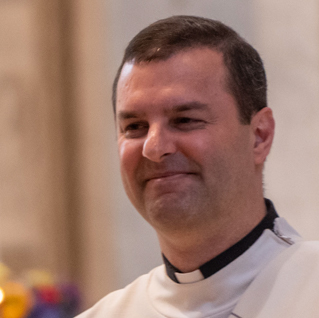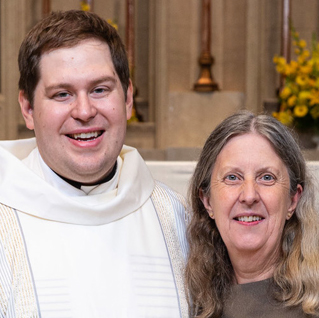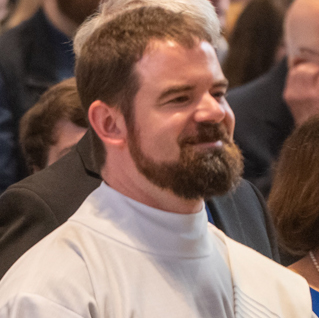Option for the Poor
By Fr. Joseph E. Mulligan, SJ
I have been working in Nicaragua since 1986 with Christian Base Communities—relatively small grassroots communities in the barrios of Managua. Celebrating the sacraments, visiting people in their homes and hospitals, helping those with disabilities, supporting those who are struggling for justice—this is my pastoral work for which I am so grateful.
The Church today emphasizes its “option for the poor,” sometimes with the qualifier “preferential.” For Gustavo Gutiérrez, “The option for the poor is the option for the God of Jesus.”
The poor and oppressed, like any other group that is hurting, can use the kind of help from the outside that is better called solidarity, support, or accompaniment; they do not need arrogant know-it-alls who come in to tell them what they need and how to get it. The job of true organizers is to facilitate a process in which the people analyze their social reality, decide what to do, and organize themselves for effective action.
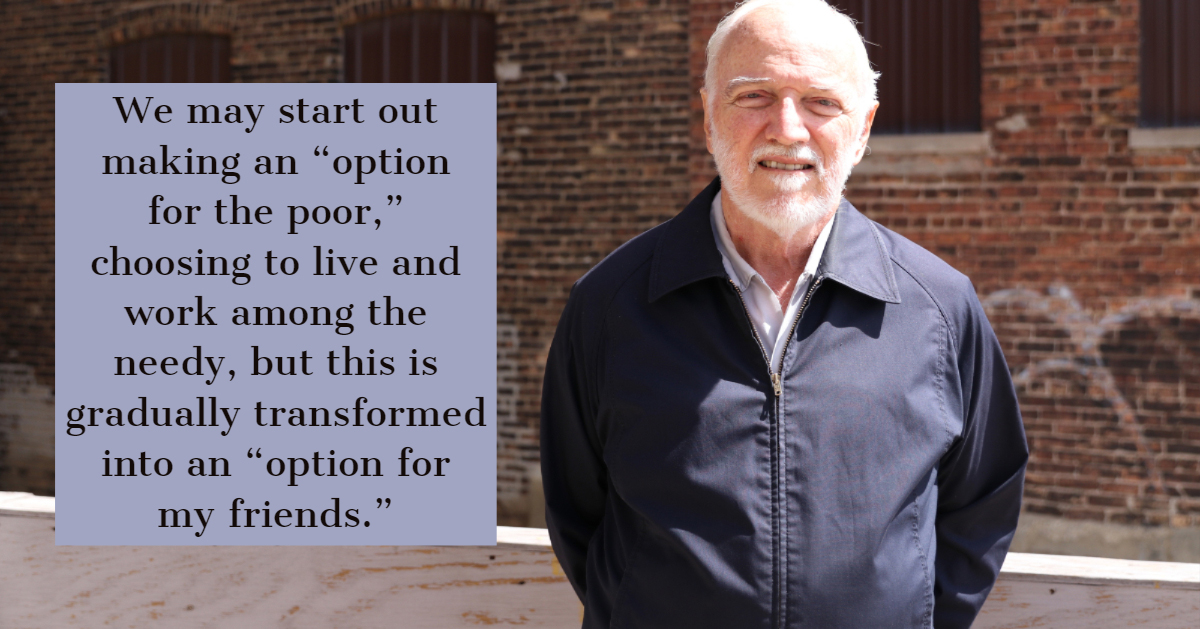
We may start out making an “option for the poor,” deliberately choosing to live and work among the needy, but this is gradually transformed into an “option for my friends.” The initial option may be to settle in a poverty-stricken area of the United States or a developing nation rather than in a higher-class locale or to devote one’s professional skills to the poor who need them rather than to those who could pay more handsomely for them.
Having taken the plunge into a new social and economic realm, we soon find that our neighbors are “good people, nice people,” folks with the joys, sorrows, virtues, and faults common to the rest of humanity; we experience acceptance by them and perhaps forgiveness of our complicity in the sinful social structures which oppress them. Then, as we live and work together, we find that we are becoming their friends and they are becoming ours. No “option” is now required to spend time together; we like to be with each other.
Now we know what Paul meant: “When one member suffers, all the members suffer with it. When one member is honored, all the members rejoice with it.” That’s how it is in a loving family or community. “Now you are the body of Christ, and members individually” (1 Corinthians 12:26- 27). The compassion which Jesus felt and showed and which he asks of us is precisely this—“suffering with,” feeling the pain of others as my own, as we also experience joy together.
Additionally, he has a Fund for the Sick and a Fund for the Disabled to help low-income people in Nicaragua. Those interested in supporting this work can contact Fr. Mulligan at joemullj@gmail.com
Direct personal contact with those in need certainly helps us to open our hearts. But our capacity for compassion is not entirely dependent on our physical proximity to those who are suffering; through reading, watching films, or listening to talks we can come to know peoples and cultures in other continents and want to respond to their suffering through service or social/political solidarity. Many peace activists, for instance, never went to Vietnam or even met a Vietnamese person before taking action on their behalf.
Somehow the pain of the victims of injustice must be brought close to us. Then we are bitten by the bug that causes a fever for justice in us. This blessed bug will buzz around our head and heart relentlessly; though we may shoo it away at times, we will come to the point where we not only accept it but are grateful for it as a gift of the Spirit of Love.
